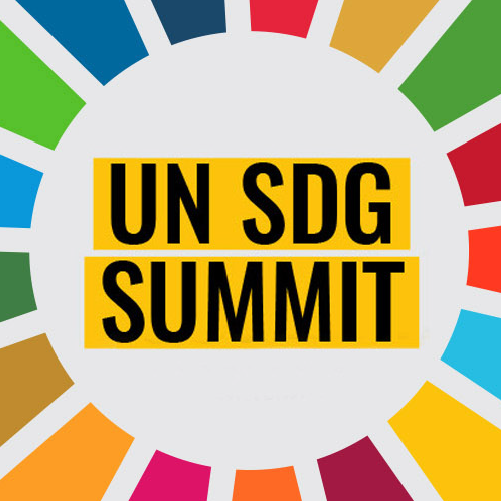- Home
- Collections
- SDG Summit
SDG Summit

Collection Contents
-
-
Growing Challenges for Sustainable Development
Can the UNECE Region Turn the Tide in 2023?
More LessThis publication assesses progress of UNECE countries towards achieving the Sustainable Development Goals, relying on the data available in the United Nations global SDG indicators database. Stories on specific topics provide a closer look at how various regional and country level actions relate to sustainable development outcomes. The assessment covers every goal and target for which there are data and for which it is possible to set a target value. The assessment looks at the trends at the regional level only. The 2030 Agenda for Sustainable Development recognizes the pivotal role of the regional dimension in its implementation, follow-up and review. Actions at the regional level bridge the global and national levels, and provide the necessary focus for international exchanges of experience and peer learning.
-
-
-
Global Population Growth and Sustainable Development
More LessThe report covers the dependencies between population growth and the Sustainable Development Goals, focusing on regions were population numbers are rising fast. The analysis elaborates on the social, economic and environmental implications of population growth. It highlights demographic trends and drivers of population change, namely fertility, mortality and international migration and describes the complex interaction between of population growth and poverty, hunger, health, education and human capital, gender equality, sustained economic growth and decent work. It further investigates the impact of population growth on the environment.
-
-
-
Global Humanitarian Overview 2023
More LessA snapshot of the global trends driving increased humanitarian needs in 2023, analysis from 2022 and an overview of where the system is delivering better to help those affected by crises. The Global Humanitarian Overview (GHO) is the world’s most comprehensive, authoritative and evidence-based assessment of humanitarian need. Through plans that prioritize those most in need, it aims to fight hunger, killer diseases, gender-based violence and displacement.
-



